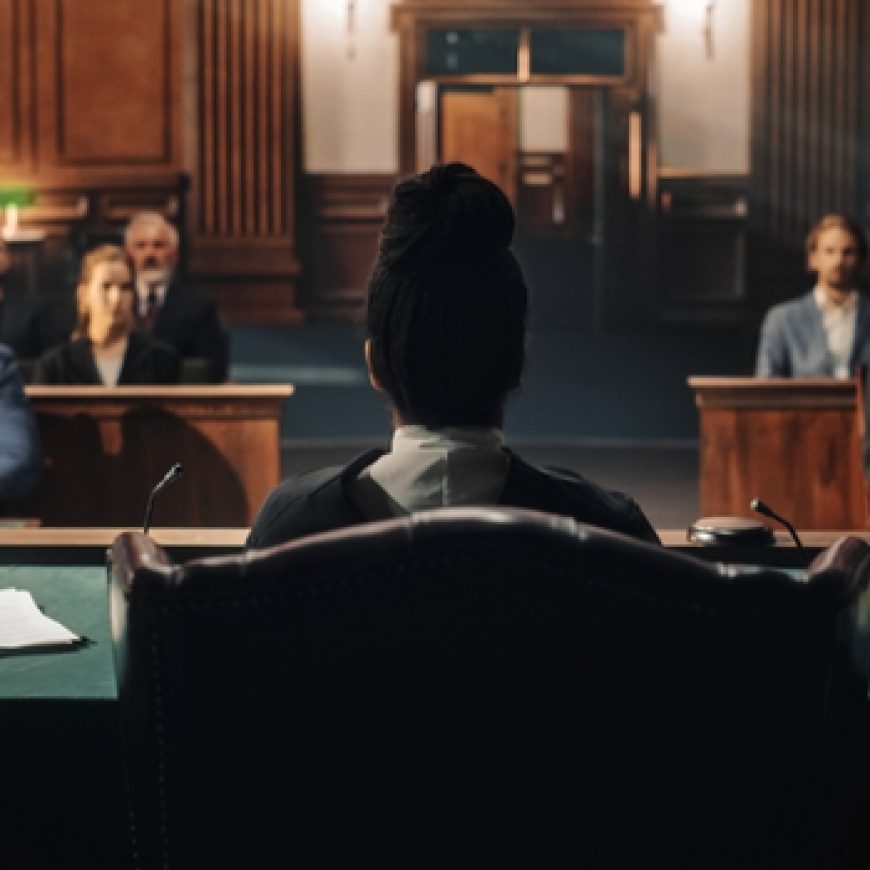In any encounter with law enforcement, understanding your rights is crucial. While police officers are tasked with maintaining order and ensuring public safety, you must be aware of your rights to protect yourself and uphold justice. That being said, let’s explore some aspects of interactions with the police that you might not be aware of…things the police don’t necessarily want you to know.
Rights Police Don’t Want You to Know
Whether you’re driving, walking, or simply going about your daily routine, interactions with the police can be intimidating and overwhelming. Our goal is to empower you with the knowledge necessary to protect your rights, maintain your composure, and handle these encounters in a way that promotes safety and fairness.
1. Right to Remain Silent – The Power of Silence
One fundamental right you have is the right to remain silent. You are not obligated to answer any questions from law enforcement beyond providing basic identification information. It’s within your rights to stay silent and consult with an attorney before giving any statements.
Anything you say can be used against you, so exercising your right to remain silent can be a powerful tool for protecting yourself.
2. Consensual Searches – Knowing When to Say No
Contrary to popular belief, you have the right to refuse a consensual search of your person, vehicle, or property. If law enforcement does not have a warrant or probable cause, you can politely decline the search.
Remember, you are not required to consent, and doing so may compromise your legal standing. Be aware of your right to privacy and use it to your advantage.
3. Right to Record – Documenting Encounters
With the prevalence of smartphones, citizens have the right to record their interactions with the police in public spaces. As long as you are not interfering with the officers’ duties, you have the right to document encounters. This can be a valuable tool for accountability and can provide an unbiased record of events.
4. Miranda Rights – The Importance of Proper Notification
If you are taken into custody or subjected to a custodial interrogation, law enforcement must read your Miranda rights. These rights include the right to remain silent, the right to an attorney, and the understanding that anything you say can and will be used against you.
If the police fail to provide this crucial notification, it could impact the admissibility of statements made during the interrogation.
5. Right to Legal Representation – Invoke Your Attorney
You have the right to legal representation during any police interrogation. If you are taken into custody, don’t hesitate to invoke this right. Having an attorney present ensures that your rights are protected and any statements you make are in your best interest.
6. Search Warrants – Demanding Legal Authorization
If law enforcement wishes to search your home or property, they generally need a search warrant issued by a judge. You have the right to demand to see the warrant and ensure it is valid.
If the search is conducted without proper authorization, any evidence obtained may be deemed inadmissible in court.
7. Right to Refuse Identification – Knowing Your Limits
In certain situations, you may have the right to refuse to provide identification. However, this varies depending on the circumstances and local laws. It’s essential to be aware of your jurisdiction’s specific regulations regarding identification and to consult with legal experts to understand your rights fully.
The Bottom Line: Empower Yourself with Knowledge
Being informed about your rights in encounters with the police is empowering. Remember that asserting your rights respectfully can help protect you in various situations. If you find yourself in a legal predicament, it’s important to consult with a knowledgeable criminal defense attorney who can guide you through the complexities of the legal system.
Ready to Protect Your Rights? Consult with Seth Kretzer
Navigating the justice system can be challenging, especially when facing police encounters. If you have concerns about your rights or need legal assistance, Seth Kretzer is here to help. As an experienced civil appeal attorney, he is dedicated to advocating for your rights and ensuring fair treatment under the law.
Don’t let legal challenges go unaddressed. Contact Seth Kretzer today for expert guidance and representation.




